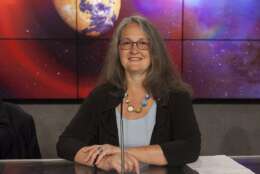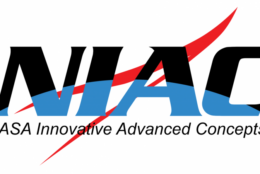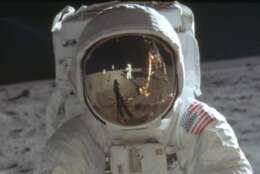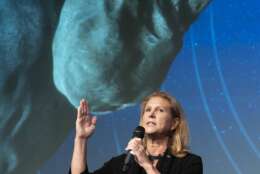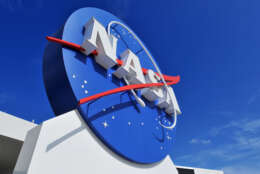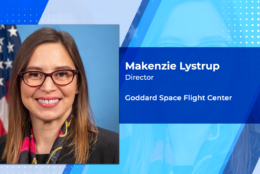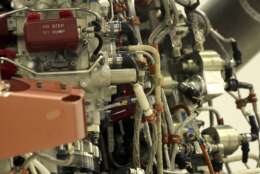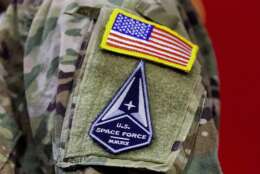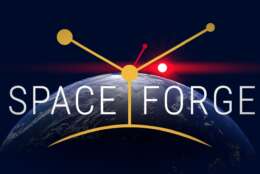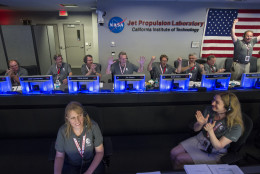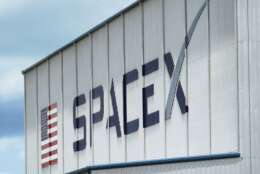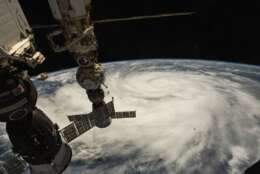Hubbard Radio Washington DC, LLC. All rights reserved. This website is not intended for users located within the European Economic Area.
The Space Hour
-
The Space Hour's Eric White speaks with Padi Boyd, director of NASA's Science Mission Directorate Bridge Program.
March 05, 2024 -
Federal News Network's Tom Temin spoke with program deputy executive John Nelson, and acting program executive Mike LaPointe to learn more about NASA's Innovative Advanced Concept Program.
February 23, 2024 -
I spoke with Ellis Brazeal and Brett Richards, both of whom are legal professionals within the space industry for the firm Jones Walker about the new race to get back to moon.
February 14, 2024 -
NASA researcher Lori Glaze is focused on the nearby planets and their geologic behavior.
February 09, 2024 -
Rebecca Sirmons is executive producer for NASA TV, she joined Federal News Network's Jared Serbu.
February 02, 2024 -
I speak with Dr. Makenzie Lystrup, Center Director, Goddard Space Flight Center in Greenbelt, MD.
August 18, 2023 -
I spoke with Dr. James Kenyon, Center Director, Glenn Research Center in Cleveland, Ohio.
August 18, 2023 -
Earlier this summer, the Information Technology Industry Council announced it had acquired the Space Enterprise Council. They did this with the hopes of promoting U.S. national security space programs, space cybersecurity, and space education.
July 21, 2023 -
Preston Dunlap was the first chief technology officer (CTO) and chief architect officer of the U.S. Space Force and Air Force. He's now an independent director on corporate boards and advisor for companies such SOSi.
July 21, 2023 -
The U.K. based company Space Forge recently announced plans to launch U.S. manufacturing operations in the United States, just showing how global space interests have become overseas.
July 20, 2023 -
When I use the term Space norms, what does that mean to you? Well as it turns out, defense norms have been a part of foreign policy for a while now. They out line what falls under the category of good manners when it comes to actions taken by nations. So what about space? How this concept be applied, or can it at all?
July 19, 2023 -
I spoke with Tekla Colon, Director-Mission Support Audits in NASA's IG office to discuss the agency's DEIA efforts.
June 16, 2023 -
Chad Anderson, founder and managing partner of Space Capital, tells us about some of the investment trends in the commercial space sector.
June 09, 2023 -
I spoke with Vishnu Reddy, professor of planetary sciences at the University of Arizona, about the possibility of classifying space assets as critical infrastructure.
June 02, 2023

